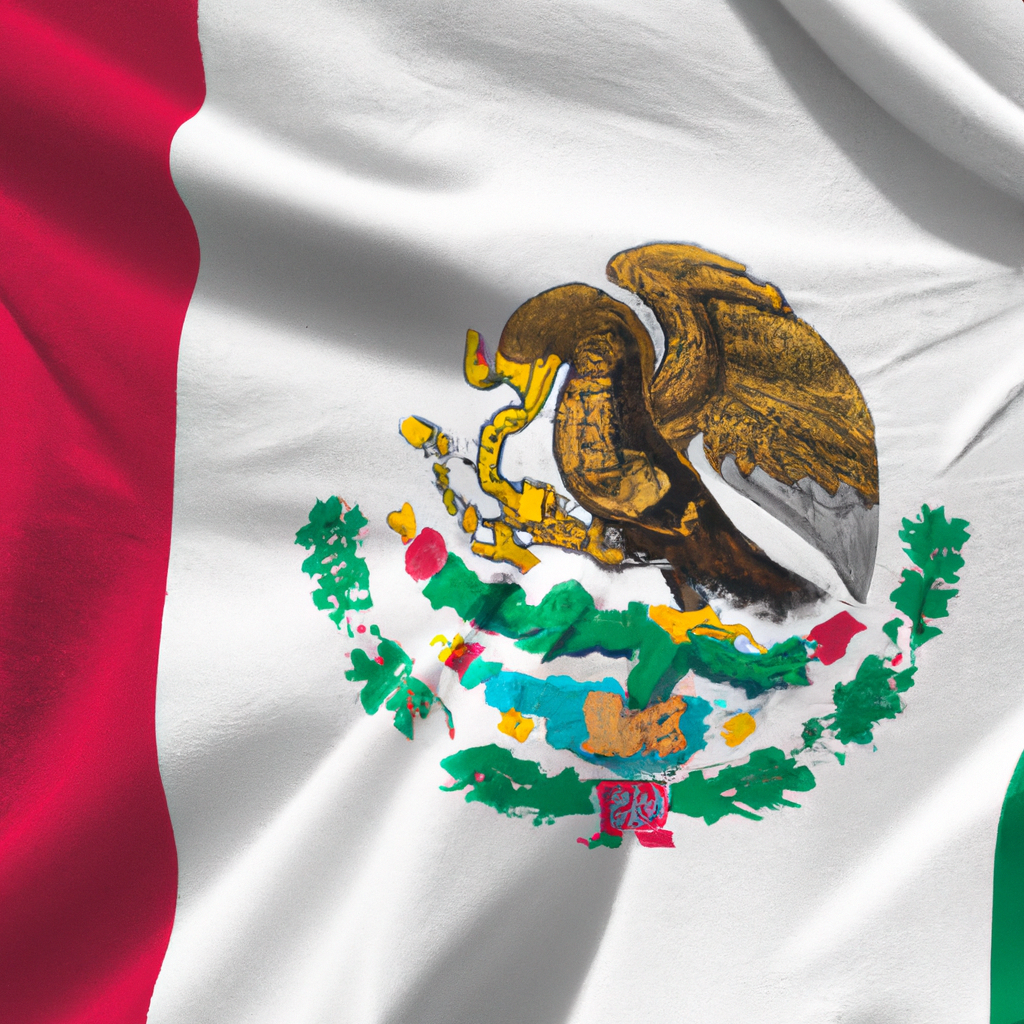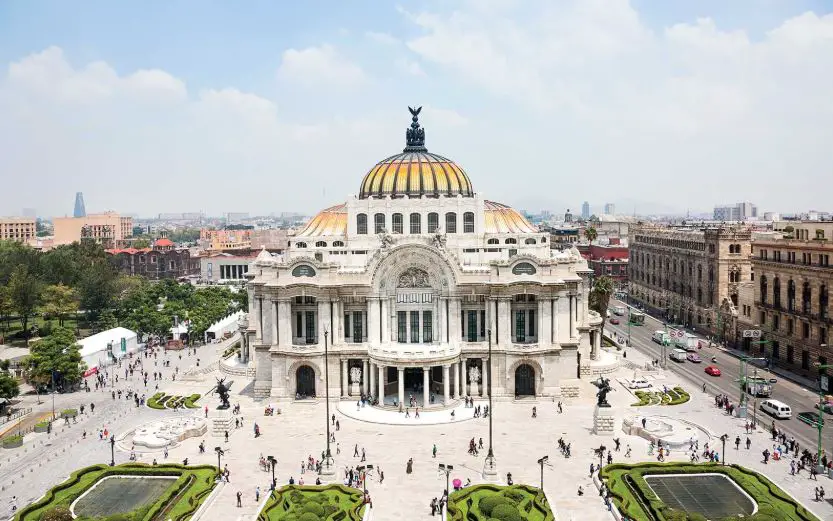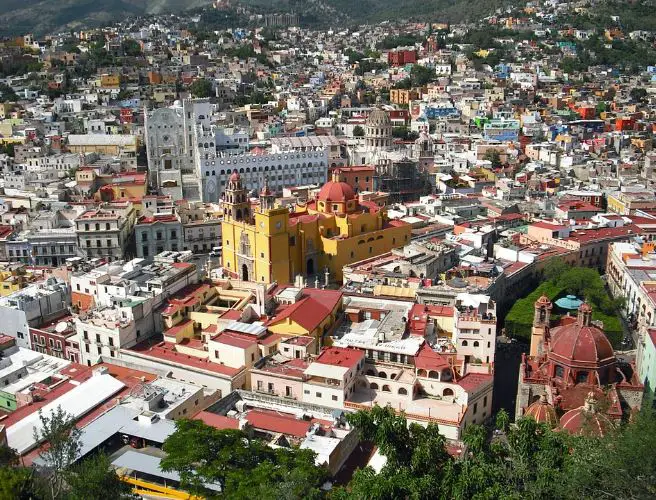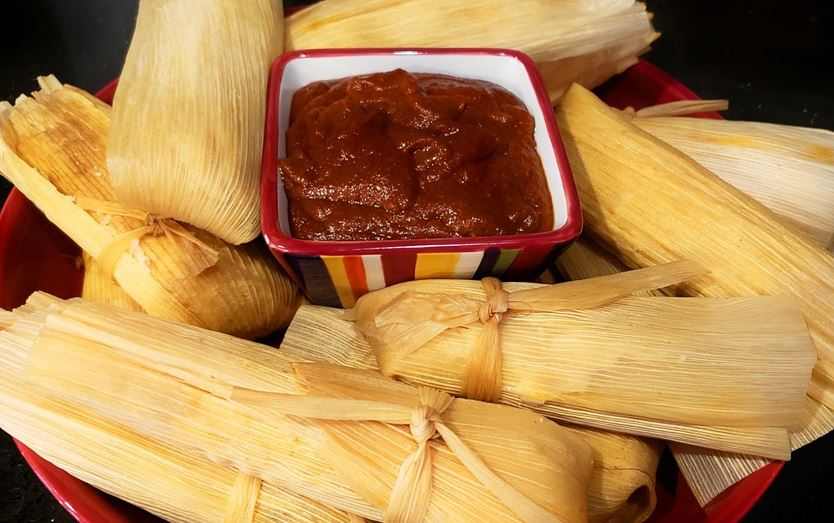Are there any health risks associated with eating street food in Mexico?
Post ByAdequate Travel
Summary
Street food is a delicious way to experience the culture of Mexico, but it can also bring health risks with it. In this blog post we'll explore the health risks associated with eating street food in Mexico, so you can decide whether you want to indulge or not.
Yes, there are potential health risks associated with eating street food in Mexico, as in any other country. It is essential to note that not all street food is unsafe; many vendors take proper precautions to ensure food safety. However, there are a few common risks to consider:1. Contamination: One of the primary concerns is the risk of contamination with bacteria, viruses, or parasites. Poor hygiene practices, such as improper handwashing, storage, and food handling, can lead to the spread of pathogens. For example, if street food is prepared with contaminated water or if the ingredients are not properly washed, it can increase the risk of foodborne illness.2. Inadequate temperature control: Street food may not always be served at the appropriate temperatures required to kill harmful microorganisms. Certain foods, such as meat, dairy products, and cooked rice, can rapidly develop bacteria if left at room temperature for extended periods. Lack of refrigeration or reheating facilities may contribute to this problem.3. Sanitary conditions: The cleanliness of food stalls, utensils, and cooking equipment can vary widely among street vendors. In some cases, limited access to potable water and proper sanitation facilities can compromise food safety. Unsanitary conditions increase the risk of food contamination.4. Allergic reactions: Street food may contain unfamiliar ingredients or spices that can trigger allergic reactions in some individuals. It can be challenging to determine the exact ingredients used by street vendors, which increases the risk for those with allergies or specific dietary requirements.5. Quality of ingredients: In some instances, street food may use low-quality or expired ingredients, or the food might be adulterated with food additives or unsafe substances. These factors can pose health risks, leading to potential food poisoning or other adverse effects.Examples:- Contaminated water used to cook food can lead to illnesses like cholera or traveler's diarrhea.- Consumption of undercooked meat or poorly stored seafood can cause bacterial infections, such as Salmonella or E. coli.- Inadequate and unsanitary food handling practices can result in the transmission of viruses like Hepatitis A.- Unidentified allergens or cross-contamination can trigger allergic reactions.To minimize the risks associated with eating street food in Mexico, it is advisable to follow these precautions:- Choose vendors who have a high turnover of customers, indicating that the food is frequently prepared and is likely to be fresh.- Observe the cleanliness of the food stall and food handlers.- Opt for cooked food that is served piping hot, not lukewarm.- Avoid raw or undercooked ingredients, especially meat, fish, and seafood.- Choose fruits that can be peeled and avoid raw vegetables that may have been washed with contaminated water.- Consider using bottled water and avoiding ice cubes or beverages prepared with tap water.Ultimately, using good judgment, selecting reputable vendors, and taking necessary precautions can help mitigate the health risks associated with street food consumption in Mexico.Stay informed about any travel restrictions or travel rules in place, as they may vary depending on your destination within the country.
Suggested Questions
- Palacio de Gobierno, Querétaro City: Horror Story, History & Paranomial Activities
- Ex-Hacienda San Juan Bautista, Coahuila: Horror Story, History & Paranomial Activities
- Templo Expiatorio del Santísimo Sacramento, León, Guanajuato: Horror Story, History & Paranomial Activities
- Teatro de la Paz, San Luis Potosí City: Horror Story, History & Paranomial Activities
- Basílica Menor de Santa Prisca, Taxco, Guerrero: Horror Story, History & Paranomial Activities
- Hotel Geneve, Mexico City: Horror Story, History & Paranomial Activities











